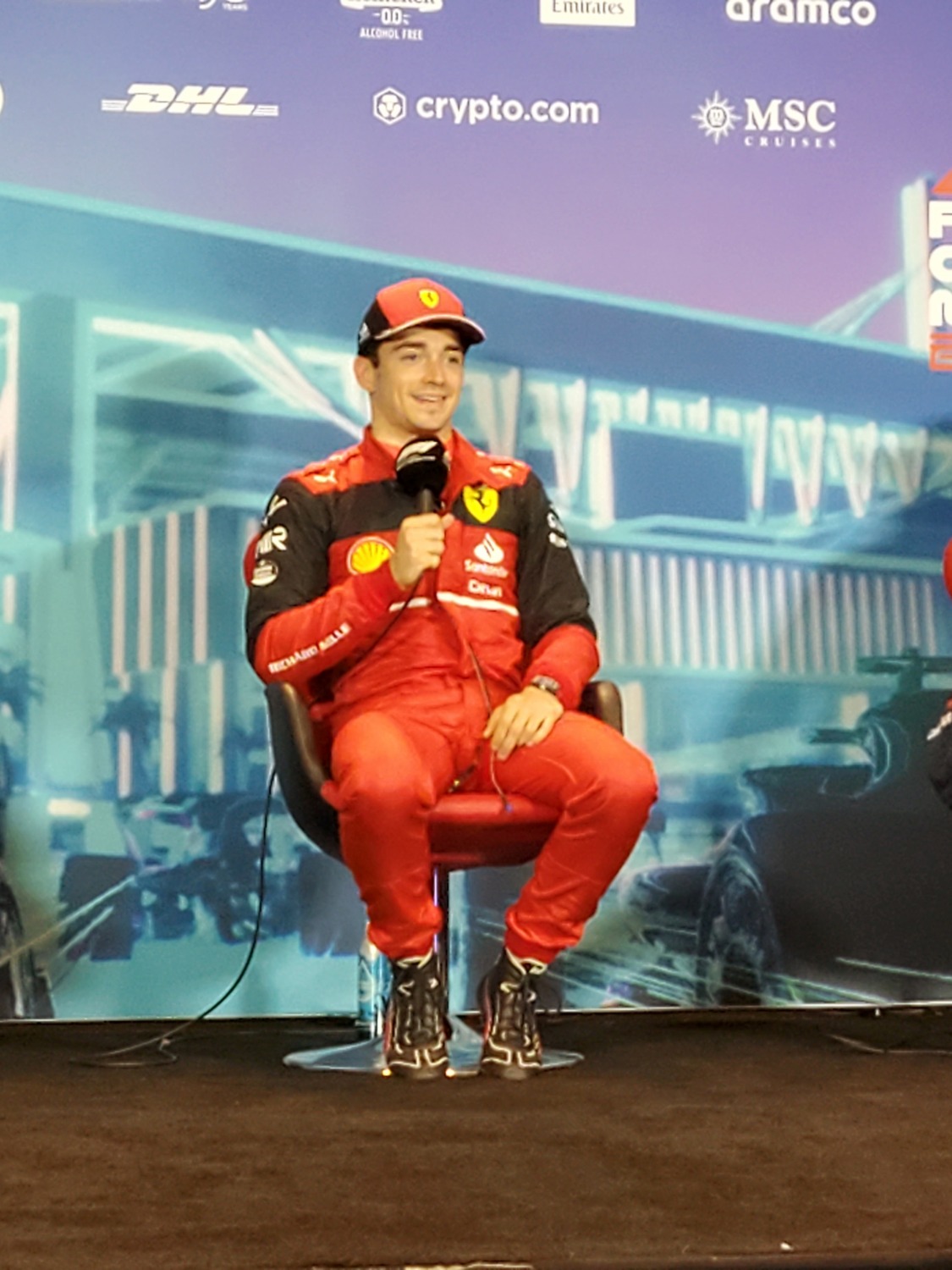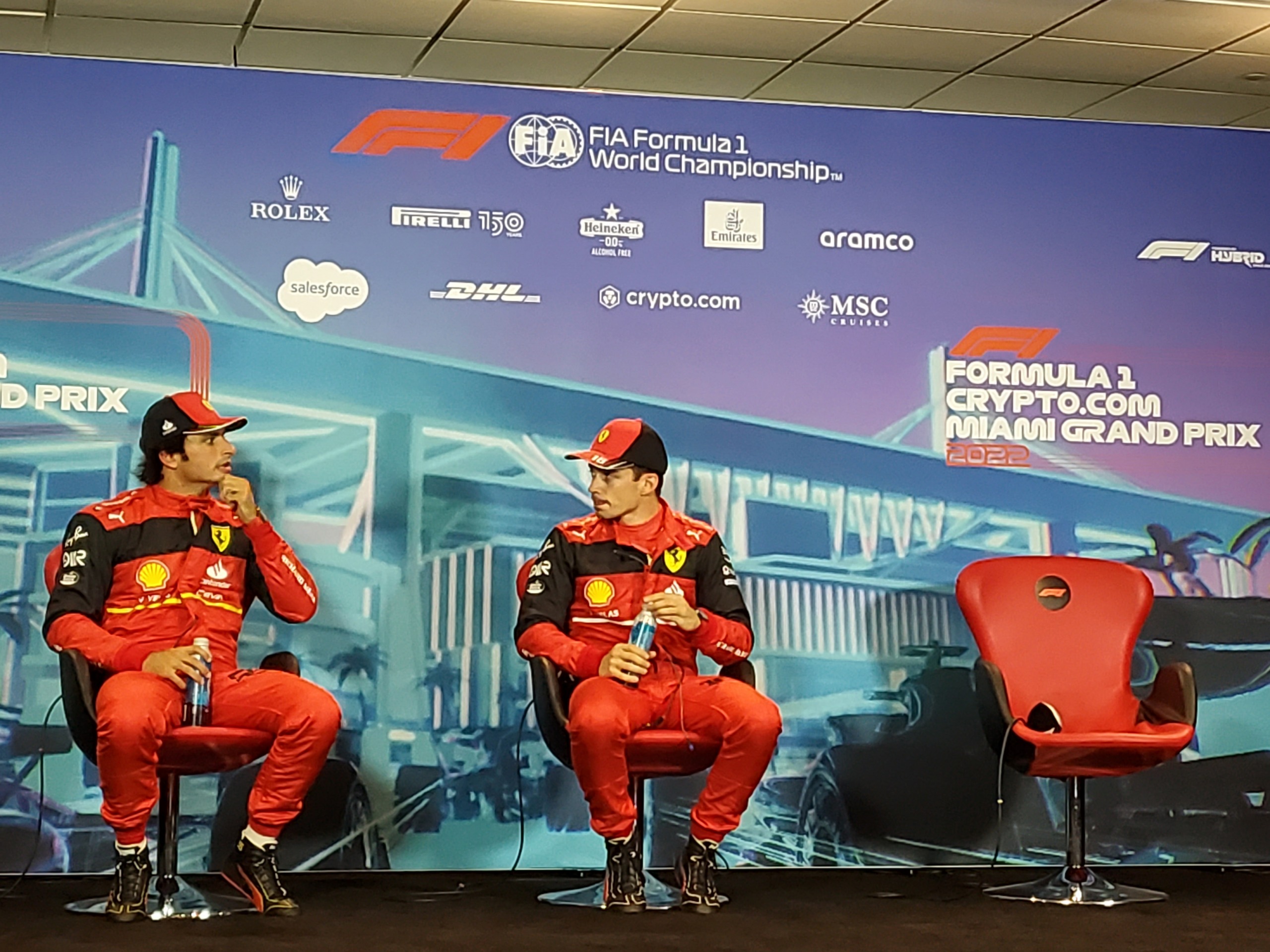They Don’t Award Points on Saturday – Formula 1’s Probabilistic Approach | Hitting the Apex
A common driver cliche is that “they don’t award points on Saturday.”
Qualifying is great, putting yourself in a position to win the the race on Sunday. But without converting that position into a strong race finish, the ultimate goal of maximizing points during the weekend is not achieved.
(As an aside, with the new sprint race format which is being utilized at 3 races this year after being piloted at 3 races last year, it turns out they do award points on Saturday).
Formula 1 is about Math, Science, and Guts
Despite the high financial barrier to entry making it largely inaccessible to the masses, one of the allures of Formula 1 to a wide swath of fans is that there is something for everyone.
Formula 1 sits at the nexus of Math, Science, and the ever-fallible human existence. When we talk about analytics in other sports, what we’re talking about is basic, childhood arithmetic, compared to the effort put in by Formula 1.
Every eventuality has been played out and gamed out, the results simulated. The simulations (and car simulators) are so complicated that veteran driver Valtteri Bottas noted that because Alfa Romeo only relatively recently built a simulator, they are several stages behind Mercedes, Bottas’ former team, in simulator development.
But Formula 1 remains an inexact science.
An exercise in probability. Each micro-decision a team and driver makes throughout the course of a race alters that probability ever so slightly, and cumulatively alters it greatly as each of the 10 teams and 20 drivers are constantly making those decisions.
After all that data, all that information, all those simulations, you end up with a probability that eventually translates into the expected finish in the race.
This is meant to mitigate the chance of risk, given that is all accounted for in the probabilistic determinations.
So after the engineers have designed the car to within a millimeter of specifications to elicit the maximum lap time, and the mathematicians have figured out the optimal strategy built around race pace simulations, tire degradation simulations, and the expected behavior of opponents (among many other factors), an interesting thing happens.
Humans get involved. The drivers are human, the people on the pit wall making the decisions are human, the numbers inputted into the simulations required some human thought, and some assumptions.
Humans are fascinating because we are imperfect. And that imperfection is what lays to waste the best laid plans.
One second, you’re cruising your way to an 8th World Drivers Championship, the next second someone has crashed, the Race Director panics, and the title slips away. That’s racing, it’s what makes it simultaneously maddening and fascinating.
You’d Rather Start on Pole
With so much chance involved, how important is qualifying?
Formula 1, as we’ve discussed, is a sport of probability. Each place you finish further up the grid increases your probability of winning. The pole sitter wins roughly 40% of the races.
While that number is low all things being equal (my logical brain keeps telling me that starting in front would give you a greater than 50% chance of winning, but it turns out that this isn’t true), it dwarfs any other position’s probability. Again, it’s all about increasing the expected position of finish, and pole gives you the highest possible.
As you go further back down the grid, the probability of winning drops rapidly. An (admittedly dated) 2000 analysis from Autosport analyzing start position conversions to wins in the mid-90s found that over 95% of winners start in the Top 6.
Probability.
Starting at the front also brings with it mental stress relief. A driver can focus on his race, and is not worried about being held up by an opponent and having that disrupt his strategy. This is provided he maintains the lead at the start, of course. Pole position is only as good as your acceleration off the line. That mental stress relief is increased if two teammates lock out the front row, which is what happened in the Miami Grand Prix’s Saturday Qualifying.
Now you can really strategize, and give some deference to each other, so you don’t crash. This is a huge advantage over having a non-teammate on the front row next to you.
Pole at this weekend’s Miami Grand Prix, however, might be a little less important. With the expectation of an incident-laden race throwing off all the calculations. If there is going to be a red flag at some point, if there are going to be multiple safety cars, how and when do you account for that? You can’t really, it’s just hope for the best.
So what do the driver’s think? The top 3 finishers in Saturday’s qualifying were Charles Leclerc (Ferrari), Carlos Sainz (Ferrari), and Max Verstappen (Red Bull).
They all commented on the track issues that should lead to an unpredictable race. Leclerc and Sainz lamented the lack of grip off the racing line, with Sainz calling it “slippery.” Sainz and Verstappen both commented on the lack of time spent doing long runs, with Verstappen in particular saying it’s difficult to drive “not really knowing the limits” after having only done “four or five laps” in Friday’s practice.
But to a man, when discussing the importance of starting position, they universally reinforced that importance. Leclerc said it was “better” to start ahead and in particular with both Ferraris on the front row. Verstappen said he would also “prefer to start ahead.”
Veterans of the probabilistic battles of the past. They know that in racing, in general, and on a new track, specifically, anything can happen. But they also know that in a sport where you’re choosing between low probability scenarios, any advantage gained is worth having. In a sport where millions of dollars are spent trying to find hundredths of a second, the opportunity to increase the probability of your expected finishing position is worth its weight in gold.
Ferrari has the advantage, the odds in their favor.
But they don’t award points on Saturday.
Vishnu Parasuraman is a contributor for @FiveReasonsSports. He covers the Miami Hurricanes for Sixth Ring Canes and Formula 1 for Hitting the Apex. You can follow him on twitter @vrp2003




Leave a Reply
Want to join the discussion?Feel free to contribute!